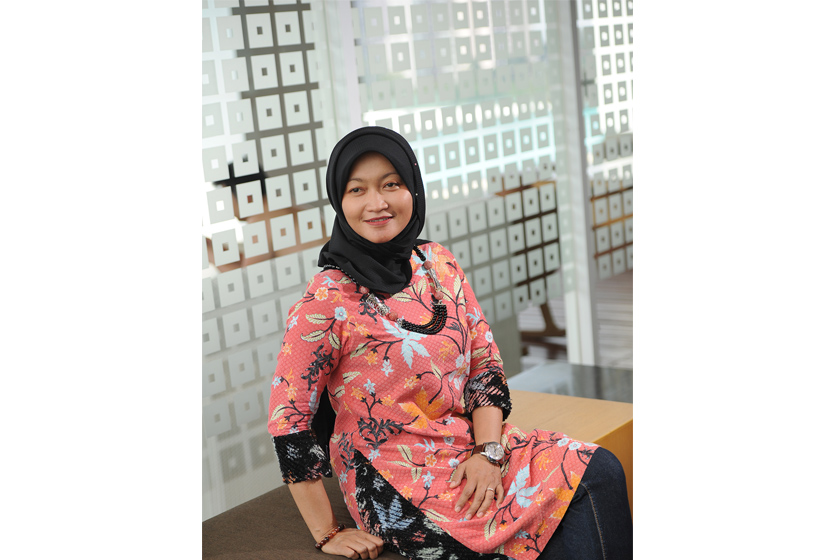Project Leader: Yun Arifatul Fatimah
University: Curtin University
Collaborating Organisations: Curtin University
Project Location: Magelang, Temanggung, Muntilan, Tempuran and Grabag, Jawa Tengah
Activity Type : Academic research and research-related activities
Sector : Education and training
Project Objective :
The objective of the project is to develop a sustainability learning game for empowering children to save the environment.
Project Description:
This project is expected to enhance the awareness, knowledge, and skill of school children in how to save energy, water, and materials, how to recycle waste and reduce pollution, and how to achieve a clean, green and healthy environment in their day-to-day activities. Furthermore, the implementation of the sustainability game is expected to change the behaviour and attitude of children towards sustainability, thus encouraging children to perform sustainability activities in their daily life.
The project is the development of an educational game which would be designed as a teaching tool for elementary school students, covering energy, waste, material consumptions and management, waste and pollution generation and prevention, environmental degradation and conservation, product/service life cycle and end of life as well as their interdependencies during human daily life and activities. The game will comprise both a board game and a digital game which will provide new experiences for school children to learn and understand sustainability practices effectively.The game is designed for 2 to 4 players, so there will be interaction between them to achieve a sustainable outcome.
This game will involve students playing different roles (e.g. farmer, industrial manager) in order to maximise their capital, including economic, social and environmental, through their life journey. While playing, the player must consider minimising waste, use less material resources, water and energy while earning money and respecting people at the same time. For example, there would be an option for a player to decide whether he should throw away waste irresponsibly or compost the waste properly to balance his/her capital. The winner would be the player with the highest economy (profit), social (people happiness), and environment (low resource, and energy consumption) performance with the lowest imbalance between these capitals. The game covers some key features of interaction, rules, challenges, strategy, teamwork, motivation, and prizes which are very powerful ways to increase children’s cognitive skills and their understanding of complex sustainability issues.
Project Beneficiaries:
The project is expected to improve knowledge and skill of 200 elementary school students (grade 5-6) in Central Java specifically (in case study implementation) and Indonesian children globally.
Priority Development Area:
Human development for a productive and healthy society
Links with Australia:
Curtin University
Relevant Facts:
This field of sustainability has just been introduced to school students to make them environmentally aware citizens. However, the sustainability topics are mostly taught from the theoretical point of view during sessions at school.


 Developing a Sustainability Learning Game to Empower Children to Save the Environment
Developing a Sustainability Learning Game to Empower Children to Save the Environment
